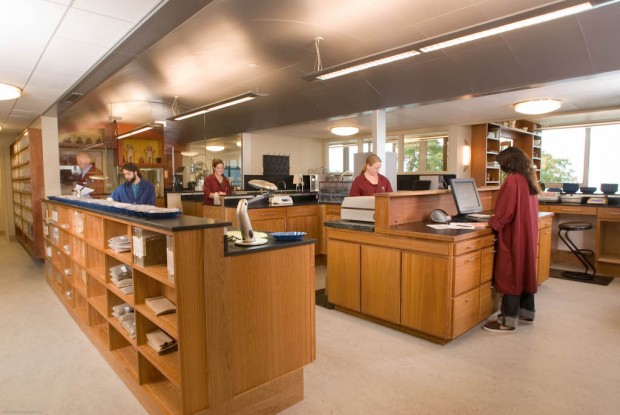Are coffee products such as roasted coffee, soluble coffee or brewed coffee labeled as containing 100 percent arabica when, in fact, there may be some lower-cost robusta mixed in to reduce production costs?
We’re not here to answer yes or no to that question, but Burlington, Vt.-based Coffee Analysts and Ontario, Canada-based ingredient verification company TRU-ID are. The companies yesterday announced a partnership to offer a unique service to groups seeking to verify the authenticity of coffee products, particularly regarding arabica, robusta or other filler content.
“Until today, determining arabica (Coffea arabica) or robusta (Coffea canephora) species in coffee products has been the work of educated guesses,” Coffee Analysts said. “TRU–ID has developed groundbreaking molecular diagnostics that provides confidence in coffee products authenticity to eliminate adulteration or mislabeling.”
The service also involves TRU-ID certification, which can potentially be a marketing tool to let consumers or other buyers within the supply chain know that labeled ingredients — in this case, coffee — have been authenticated by a third party.
We reached out to Coffee Analysts’ Spencer Turer to ask what practical applications the service may provide, and he suggested the most obvious uses relate to coffee in roasted, blended, brewed or soluble forms.
“The application is vast for roasted coffee products, beverages, and soluble coffee,” Turer told Daily Coffee News via email, adding, “Roasters may use the service to certify the authenticity of their products as part of their quality control or marketing programs.”
Turer said the service may have fewer applications in the green coffee trade, where buyers take more responsibility in approving samples based on grade and cup for SAS (subect to approval of the sample) contract purchases. However, the test can be applied at any point throughout the farm-to-cup cycle, particularly when the “chain-of-custody of the components is unknown and the only way to authenticate the species used is through molecular diagnostics,” Turer said.
Asked whether the service would most likely be most applicable to high-volume coffee buyers and sellers, Turer said not necessarily. “Are you getting what is in your product specification or contract, are you getting what you are paying for, and are you able to verify what you are selling?” he said. “In our judgment, quality and consistency requirements are not specific for the size of a company or the capacity of a coffee roasting operation. Companies who have resources, staff and equipment to scientifically verify and validate product quality have a greater opportunity to meet the demands and expectations of their clients.”
Nick Brown
Nick Brown is the editor of Daily Coffee News by Roast Magazine.







Comment